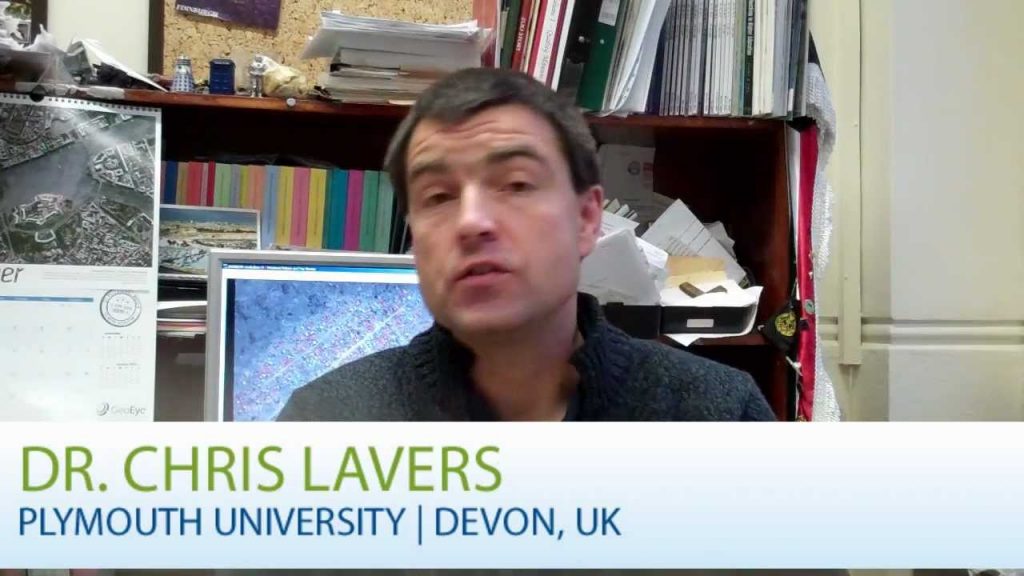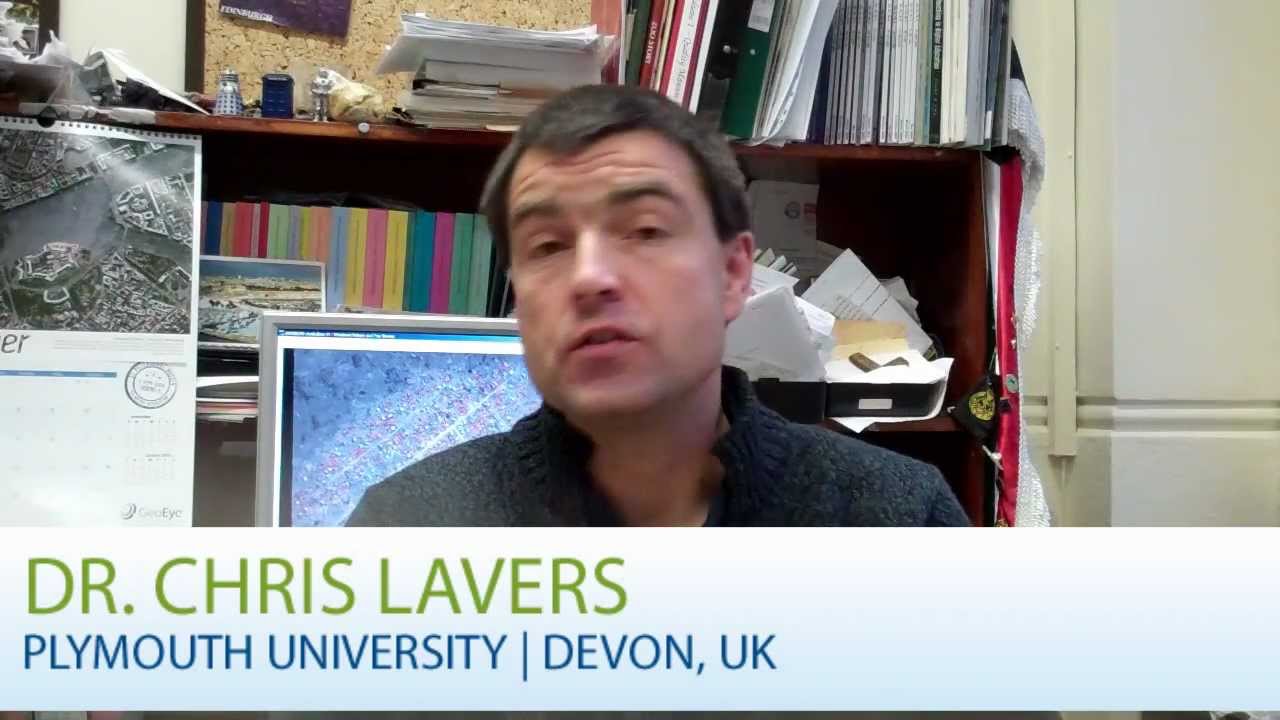
DR CHRISTOPHER LAVERS, a Plymouth University at BRNC Engineering Faculty member, has just started a Visiting Fellowship at the Changing Character of War Centre, Pembroke College Oxford, successful against strong global competition. Chris obtained approval for his research proposal Comparative Evaluation of Ethical Smart Sensing Environmental UAV Platform Design, for Military and Civilian Applications from a prestigious academic board including Baron John Alderdice, and Professor Andrew Hurrell. Past Fellows include Air Vice Marshal Subramanian of the Indian Air Force, Lt General Sir David Capewell (past Chief of Joint Operations), SLt General Sir John Kezely (Rtd), and Rear Admiral James Goldrick AO, CSR of the RANR. With a long history in pioneering societal solutions using new technology Chris is keen to use his fellowship opportunity to broaden his understanding of risks posed by “weaponising” civilian drones, and how to mitigate against their modification, including wireless hacking. He will be looking at the development of future platform applications and their pace of development, accelerated under the challenges posed by COVID-19.
“My main goal is to investigate perceived UAV platform design technology benefits, and risks, with focus on smart materials. I will explore “known” philosophical and societal risks in “ethical” drone design, alongside “unknown” considerations, namely integrating smart sensing technologies, and innovative material structural design. I am exploring the possibilities provided by including environmental sustainability design, afforded by natural materials and composites. Current platforms already rely heavily on artificial Intelligence, machine-based learning, and autonomous decision-making, and this trend will continue.”
“As a secondary objective, through conversations with various stakeholders, including questionnaires and expert interviews, a method I used previously in the corporate satellite sector (including the first Plymouth University- Airbus contract I helped secured 2016-2017), I will examine the differences between military and civilian perception of ethical design. Important philosophical engineering design aspects exist, namely: what ethical responsibilities are there on engineers to design civilian drones differently to military ones, to ensure civilian welfare, and privacy. Is there evidence military drone use detrimental impacts civilian drone uptake, or increases public mistrust? How has COVID-19 use impacted public confidence? And how does the fictional media narrative of drone use impact public perception?”
Chris has both a Physics degree from the University of Exeter and a Doctorate in the design and testing of liquid crystal display devices. During his PhD he spent 3 months at the Royal Signals and Radar Establishment (RSRE) Malvern, working with the SP3 liquid crystal team. He then undertook a post-doctoral position in biosensors at Southampton University, developing advanced optical sensors for biochemical applications, including detecting targeted antibodies, also working at the Public Health Laboratory Service, Porton Down, at the time of the Gulf War. Subsequently, he has held junior and senior teaching posts at Britannia Royal Naval College, and currently lectures in engineering topics including: Radar and Earth Surveillance. He is Subject Matter Expert (Radar and Telecommunications) for the Naval College, and Principal Scientist in The Dartmouth Centre for Sea Power and Strategy. Chris’s research interests focus on transfer of military technologies to civilian environmental applications, including: high resolution satellite imaging, wildlife thermal imaging, UAV platforms, and space-based sensors. He has provided technical advice to various overseas customers regarding maritime sensors systems and security, and led a space-based radar market sensing project on behalf of Airbus, UK. Chris has published 6 books in the Reeds Marine Engineering Series, 200 academic papers, several radio interviews, including Radio 4 live and BBC Radio Devon; he has held 30 science-art exhibitions sponsored by the Institute of Physics, and is currently supervising several UAV-related projects.
“This award helps to further the overall ambition of the Dartmouth Centre for SeaPower and Strategy to become a recognised world-leading authority on both Technology and International Affairs Developments in the Armed Forces today, operating in partnership with other key global centres of excellence such as the CCW under the direction of Dr Rob Johnson and his able team.”
Visiting CCW Research Fellows are drawn from across the academic and professional worlds, with senior officers of the USA, European and UK armed forces strongly represented, including senior members of the armed forces, international organisations, NGOs, journalists, civil servants, and diplomatic staff. Founded in 1624, Pembroke counts Samuel Johnson, Sir William Blackstone, and James Smithson among its alumni, besides Chris’ favourite lecturer JRR Tolkien, perhaps better known as the author of “The Lord of the Rings” trilogy. More recent distinguished members include Michael Heseltine, former Deputy Prime Minister, and in the USA, Senator Fulbright.

